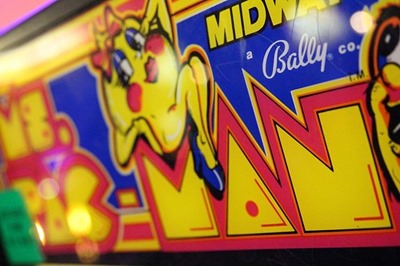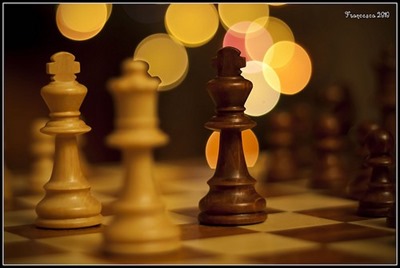The latest artificial intelligence (AI) computer program created by Microsoft has achieved something that no human has yet been able to – defeat Ms. Pacman.
The AI system was developed by Canadian technicians and implemented an approach known as Hybrid Reward Architecture in order to reach the highest possible score of 999,990. This easily surpasses the highest human score of 933,580, recorded by renowned arcade game master Abdner Ashman. The researchers decided on Ms. Pac-Man because it is known to be far harder to predict compared with the original Pac-Man game, and therefore presented a far harder challenge to crack.
Continual evolution
It’s not the first major AI breakthrough we’ve seen in 2017. Earlier this year, an AI computer known as Libratus comprehensively defeated four world class poker players at no-limit Texas Hold ‘Em, a popular format of poker that is commonly played in casinos all over the world as well as online sites like 888poker. If you’ve ever taken part in a game yourself, you’ll know that Texas Hold ‘Em is renowned for its complex betting strategies and game theory, which makes the achievement all the more impressive.
The gruelling series of match ups took place as part of a 20-day series and Libratus, designed by a pair of researchers from Carnegie Mellon University, won by a total margin of $1.7 million. All human players were left with a negative number of chips. The researchers say that this marks a major breakthrough in the development of an AI computer that is able to outperform humans in sophisticated game theory and, seemingly, intuition. The advances shown by Libratus could eventually be applied to other areas such as financial trading and political negotiations.
A brief history of AI success
Of course, the idea of pitting the wits of an AI computer against a game designed primarily for humans is nothing new. It all started with chess experiments as far back as the 1950s and 1960s, a time when top-ranked grandmasters were more than dubious about the ability of a computer to defeat even a novice player. This thought wouldn’t last for too long, mind you.
Following continual improvements in the latter half of the 20th century, it eventually came to pass that reigning world champion Garry Kasparov was defeated by the AI computer program named Deep Blue in 1997. This marked a tipping point in public perception of AI capability, and led to continual experimentation with other popular gaming formats. Over the course of the following two decades, AI systems have been able to champion games such as draughts, Jeopardy and even the infamously tricky Go, which was conquered last year by a team of Google researchers.
The future of AI
If anything, the recent feats achieved by Microsoft and Google will provide extra motivation to push the limits of AI even further over the next few years.
The real reason why these experiments are so fascinating is that they may help to pinpoint an approach to solving complex and exciting challenges in a far broader range of contexts.
Pictures:
“Ms. Pacman Arcade Game” (CC BY 2.0) by Jim & Rachel McArthur
“Chess is mental torture. – Garry Kaspa” (CC BY 2.0) by Francesca Cappa


